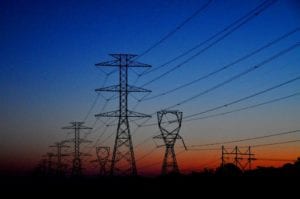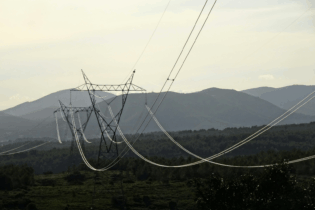 The decentralisation of power generation and distribution, and hybrid models that put some power sector control into the hands of private entities could be long-term power solutions for Africa.
The decentralisation of power generation and distribution, and hybrid models that put some power sector control into the hands of private entities could be long-term power solutions for Africa.
South Africa’s Independent Power Producer (IPP) programme had proven the viability of the hybrid model, said Aurecon Technical Director Dr. Clinton Carter-Brown. “We now need to further capacitate mid-tier and small players to roll out IPP learnings at a granular level, within the best interests of the economy and the power system.”
Richard Candy, Principal Consultant at EON Consulting South Africa, said aggregators were needed to support small scale distributed power generation players who could buy and sell power back into the grid. However, this required effective smart grids with observability, he said. “You must be able to monitor what is going down the line so that you can enable individual customers to participate and support on-demand models for power consumption.” However, Olasupo Shasore SAN, Partner at Ajumogobia & Okeke in Nigeria, noted that legal frameworks had to be in place to effectively support new hybrid models. “We need to see further unbundling legislation across Africa to support increased investment and participation by the private sector,” he said. Conceding that full privatisation of national power utilities was unlikely in the foreseeable future, delegates participating in the discussion said hybrid systems, in which independent power producers and utilities both contributed to power generation and distribution, were likely to emerge as a solution to Africa’s power shortfall in the short to medium term. The delegates also noted that significant deficit reductions could be achieved with better demand-side control, reducing the amount of power that would be needed on the generation side. Amos Hadebe, Director: Government & Regulatory Affairs – Africa at Honeywell, said regional integration would present opportunities to aggregate the market and attract investors. “But to achieve this, we need regional interoperability and harmonised standards,” he said. The fourth annual POWER-GEN & DistribuTECH Africa conference and expo was hosted by PennWell Corporation, in collaboration with host utility Eskom at the Sandton Convention Centre last week. The event, attended by over 3,000+ pan-African and international power industry stakeholders, was themed ‘Creating Power for Sustainable Growth’, and showcased strategies and technologies for advanced power generation and distribution. The main conclusions and recommendations of the closing panel debate will be reviewed at the conference in 12 months’ time and will form the basis for further evaluation and policy recommendations. POWER-GEN Africa & DistribuTECH Africa 2017 will return to the Sandton Convention Centre, Johannesburg, South Africa from 18 to 20 July 2017.






